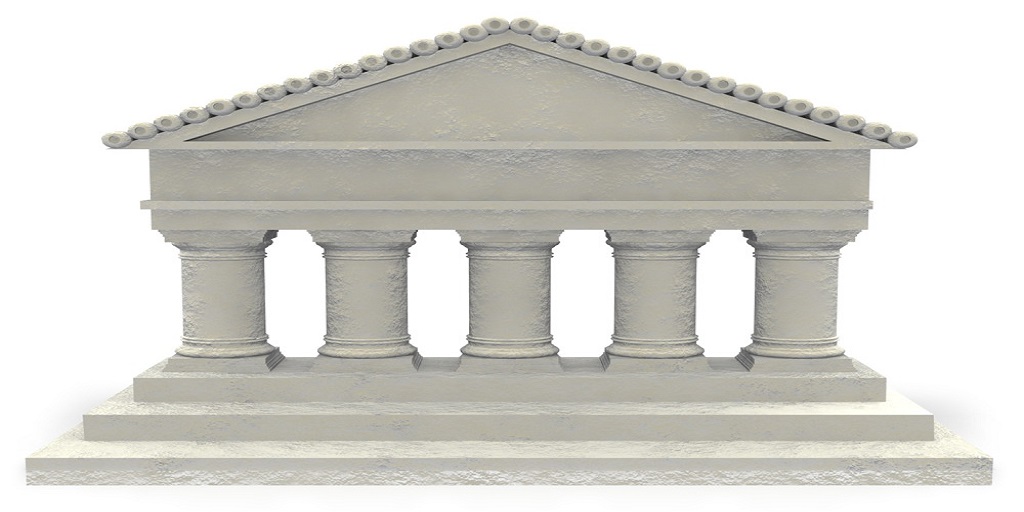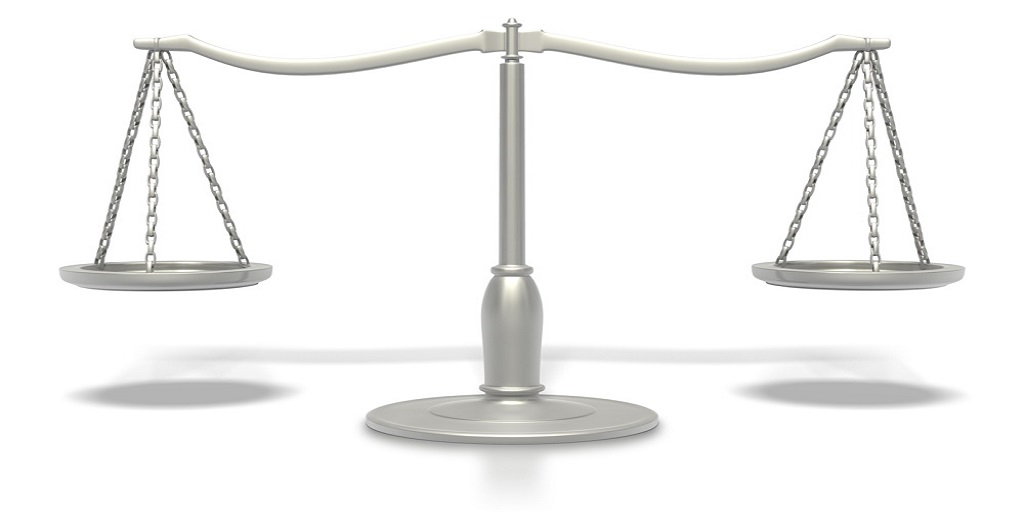Invent America Act
For the second day in a row, (Senate Session, Part I and Senate Session, Part 2) Senator Patrick Leahy (D-VT) stood on the floor of the Senate and argued for the Senate to pass S. 23, now named the “Invent America Act.”
In Tuesday’s Senate session Senator Mark Kirk (R-IL), joined by Senator Mark Pryor (D-AR), introduced an amendment (S.AMDT.123) to provide a fast lane for small businesses within the USPTO.
Senator Leahy, while yielding to permit these amendments to be entered, insisted in each instance that the Manager’s Amendment be the amendment under consideration by the Senate at all times.
Several amendments were approved, including the authorization of three more satellite offices over the next three years, the creation of an ombudsman to assist small businesses with patenting, a requirement that the PTO prioritize examination of applications “important to the national economy competitiveness” such as green or clean energy technology, and authorization for the PTO to charge small entity fees for Track I prioritized examination.
The bipartisan Leahy-Grassley-Kyl managers’ amendment to S. 23, the America Invents Act, makes the following changes to the Committee-reported bill:
- Change the short title of the legislation to “The America Invents Act” (currently pending as Leahy Am. SA 114)
- Correct the fee setting section to avoid any potential “blue slip” issues (currently pending as Leahy Am. SA 114) BACKGROUND: Revenue raising legislation must begin in the House of Representatives. This provision will address any possible concerns that the bill as originally drafted could lead to so-called blue slip concerns regarding its origin.
- Provide a 50 percent reduction in application and search fees for small entities requesting accelerated patent examination at the U.S. Patent and Trademark Office (USPTO) (currently pending as Bennet Am. SA 116) BACKGROUND: The USPTO recently created a “fast track” process to allow applicants to pay an additional fee to cover the cost of having examiners work overtime on certain applications. This provision will ensure that small businesses and inventors receive a 50 percent reduction in the fee.
- End fee diversion at the U.S. Patent and Trademark Office; establish a revolving fund to ensure that funds collected by the USPTO can be used at the USPTO BACKGROUND: This provision will benefit users of the patent system who expect the money they pay in fees to be used for patent services and operations, and will benefit the patent office, which is completely user-funded, by allowing the USPTO to budget for the future.
- Create a pilot program to review the validity of business method patents BACKGROUND: Many business method patents are of dubious validity because they are not truly inventive. This provision will create a temporary, limited proceeding at the USPTO to challenge business method patents.
- Strike provisions related to damages and venue (currently pending as Bennet Am. SA 118) BACKGROUND: These provisions as currently drafted do not make substantive changes to existing law. The current damages provisions establish a gatekeeper role for the court, but do not change the actual legal standard for awarding damages. The current venue provisions codify recent circuit court decisions, provide useful clarity, but make no meaningful change to applicable law. Striking these provisions will address recent concerns of the high tech community, and address concerns of certain Members of the House.
- Change the definition of a “micro entity” BACKGROUND: This provision will provide more clarity and increase the income threshold.
- Technical changes BACKGROUND: This provision makes minor modifications to effective dates, federal jurisdiction and residency requirements of Federal Circuit judges.



